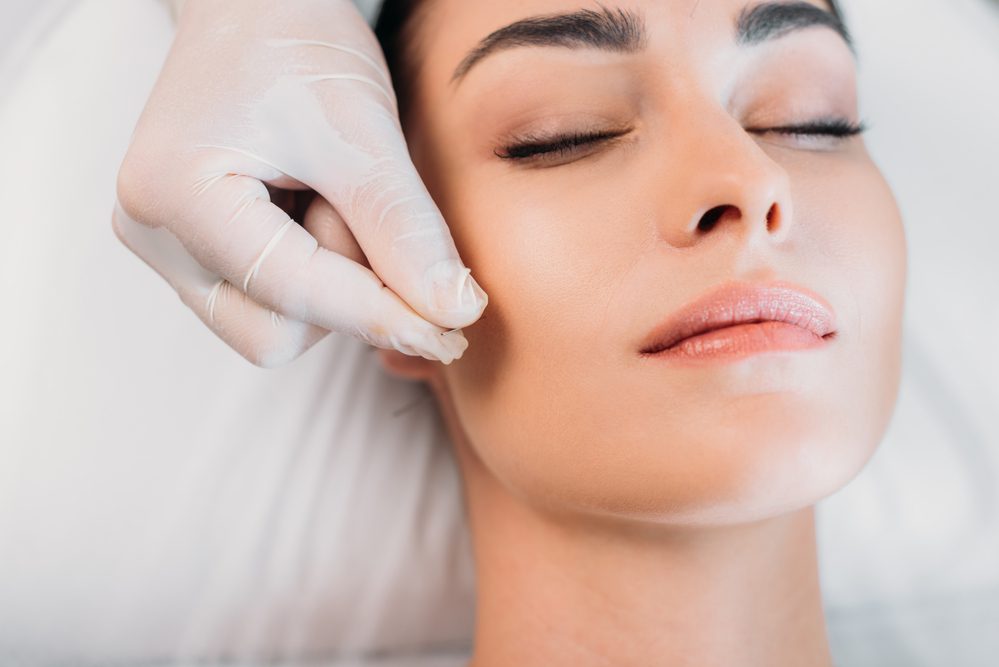Temporomandibular disorders (TMD) occur as a result of problems with the jaw, jaw joint, and surrounding facial muscles that control chewing and moving the jaw. These disorders are often incorrectly called TMJ, which stands for temporomandibular joint.
The Temporomandibular joint (TMJ is the hinge that connects the lower jaw to the temporal bone in the skull) allows us to talk, chew, and yawn through muscles attached to the jaw. Injury, grinding teeth, dislocation, arthritis, and stress causing the person to clench their jaw can result in TMD.
Temporomandibular disorders are disorders of the jaw joint (TMJ). This joint is both a hinge and gliding joint, which allows the bottom jaw to both extend and slide. But, this makes this joint complicated and even dislocates itself, putting it at risk of developing temporomandibular disorders. While the jaw is designed to cushion the TMJ with muscle, tissue, and cartilage, for some people, this cushion is not enough and TMD (temporomandibular disorders) is the result.
There is no one cause of Temporomandibular disorders but there are a few things that can make a person at a higher risk of developing these disorders. Specifically, trauma to the jaw, grinding of teeth during sleep, arthritis, cartilage damage, underbite, and birth defects can all put a person at a higher risk for temporomandibular disorders. Furthermore, a genetic predisposition for jaw issues can also make a person more susceptible to developing temporomandibular disorders.
Most people who experience temporomandibular disorders and resulting symptoms like pain find that time can heal these issues. But, for some, the symptoms of temporomandibular disorders are persistent and require medical attention.
Acupuncture is a great choice for people who want to reduce the symptoms of temporomandibular disorders, specifically pain. Acupuncture is known to help relieve pain by increasing blood circulation which can help to reduce inflammation, which is a main cause of pain. Furthermore, acupuncture can also help to reduce symptoms of pain by improving a person’s overall sense of physical well-being as it can induce relaxation and stimulate neurotransmitters to release endorphins that help to balance mood and reduce painful stimuli.
If you are struggling with the symptoms of Temporomandibular disorders or dysfunction, acupuncture may be the holistic, non-invasive approach to managing painful symptoms of these issues you’re looking for. With pain-free, relaxing treatment, you can start to feel better as soon as after your first few sessions. Consulting with Dr. Tony at Acupuncture Zen can help you get more knowledge about how acupuncture can help you, what your treatment experience will be like, and what kind of treatment schedule you can expect.

Common symptoms of temporomandibular disorders and dysfunction can include: